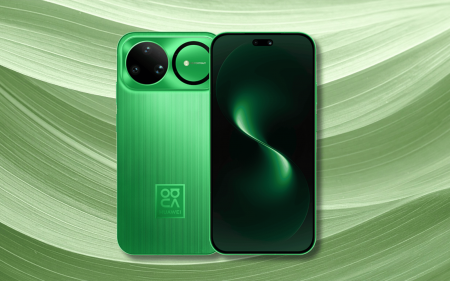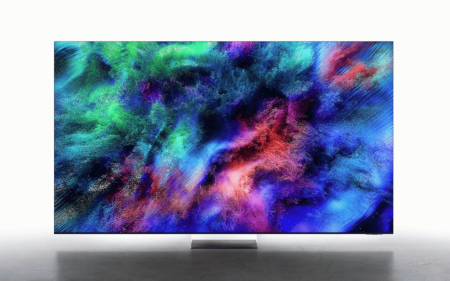Roaming on cellular data overseas can be a painful and costly experience. Most people, burnt by bill shock, have found alternatives – like using free Wi-Fi hotspots or buying local SIM cards.
Both have their advantages and disadvantages. Free Wi-Fi is, well, free. But it is hardly secure and can easily be used to syphon off your passwords and other personal details.
If you are using free public Wi-Fi, you should always be using a VPN.
Read More: A VPN is a crucial addition when travelling – Here’s why and which to consider
Buying a SIM is just technical enough to make it too complicated for most people – although travelling with a portable wireless hotspot was the best alternative for many years. You could buy a SIM card, pop it in, and tether your phone to it using Wi-Fi. I did it for years. It wasn’t cheap, and it wasn’t easy, but it was significantly cheaper than enabling data roaming.
Enter the eSIM
Since February 2019 I have been using another very handy option: an embedded SIM, or eSIM.
Instead of a tiny piece of plastic, an eSIM is essentially a software link to your phone – which you activate using a QR code. It’s that easy.
By keeping your local SIM card in, you can get SMSes, keep your messaging apps connected (they are linked to your SA number) and instantly make calls when you have to.
There are numerous options but I am very happy with KnowRoaming.com which first introduced me to eSIMs, especially because it was started by SA-born entrepreneur Gregory Gundelfinger. I bought 1GB for $5 (R94) for a recent trip to Barcelona (valid for 30 days), while there are bigger packages available with varying validity periods.
Beware of Wi-Fi Assist
Whenever you activate a new mobile data plan, especially with an Apple device, you must untick the “Wi-Fi Assist” setting under Mobile data in settings.
It’s a sneaky trick that Apple turns this on by default – giving many people bill shock when they discover they have been using cellular data when, unbeknownst to them, Wi-Fi hasn’t been strong enough.
Don’t turn on roaming
Another important thing is not to turn on data roaming for your primary, South African SIM card. Similarly, do not tick “allow data switching” – which does exactly what it says.
Read More: Travel gear you should never leave home without
Turn off mobile data hogs
If you are buying 1GB of data, then save yourself from depleting it unnecessarily but turning off all the data hogs. Most devices have a ‘data saver’ mode that stops apps from using your data in the background.
It’s also a good idea to turn off automatic downloads if you have them enabled for things like YouTube, Spotify, or Audible – or any app that downloads big files.




